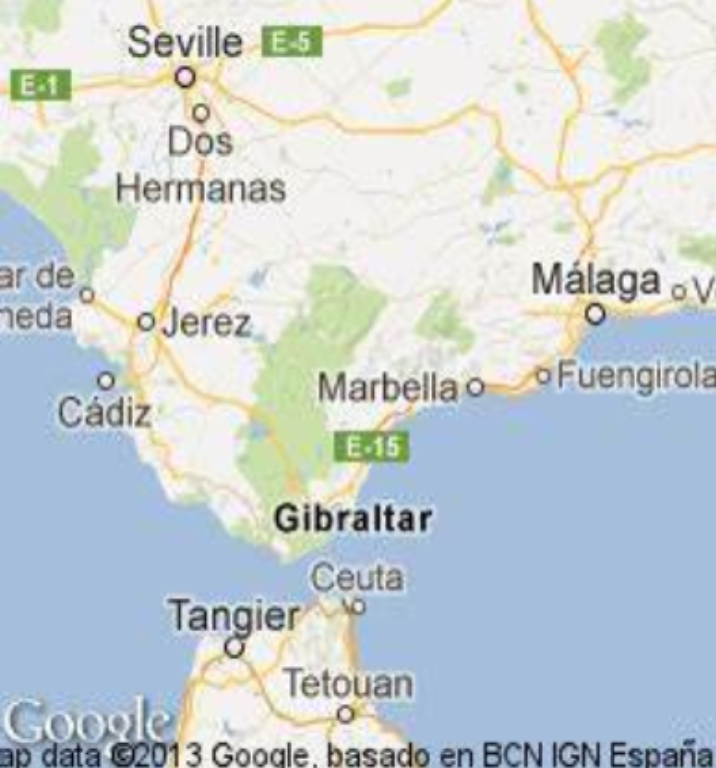Commissioners for His Majesty's Revenue and Customs v Fisher & Anor [2023] UKSC 44 (21 November 2023)
Citation: Commissioners for His Majesty's Revenue and Customs v Fisher & Anor [2023] UKSC 44 (21 November 2023)
Rule of thumb: Stare-decisis: If director-shareholders of a British-registered company transfer all the assets of the to a foreign company which they are also director-shareholders of in tax-haven country like Gibraltar, with the transfer having the direct aim of increasing the value of all the assets due to them operating in a tax haven, does capital gains tax have to be paid on the increase in the value of assets with the transfer? No, this is a loophole in capital gains tax law.
Background facts: The facts of this case were that the Fishers founded ‘Stan James Ltd’ the betting company in 1988, and this was a British company – the Fishers, Anne Fisher, Stephen Fisher, Diane Fisher, and Peter Fisher, all held shareholdings in this. In August 1999, it was decided that the corporation tax in the UK was too high, so they founded another company in Gilbratar, ‘Stan James Gibraltar Ltd’, and the shareholding in the Gilbratar company was the exact same as in the previous UK company, ‘Stan James Ltd’.
By February 1999, all of the money & assets of ‘Stan James Ltd’ had been transferred to ‘Stan James Gilbratar Ltd’. (This became an issue because in 2015 Stan James was sold to Unibet for £19 million & HMRC began asking questions).




Parties argued: The Fishers argued that ‘Capital Gains Tax’ applied to this transfer of assets between the companies. As there was zero paid for all the assets, technically no capital gain was made on the sale of the assets, so the Fishers’ position was that they owed no tax for this.
HMRC argued that the value of the shares the Fishers owned had increased with this transaction, and so the difference in the value of the new shares compared to the old shares was income, and so the Fishers all owed income tax for doing the transfer.
Court held: The Court held that this transfer did not constitute ‘income’. They held that this was a transfer of assets, and that no capital gains tax was owed. In short, the Court has affirmed that British citizens can transfer all the assets in their company to one in a tax-haven for free and pay no tax whatsoever on this transaction.

Ratio-decidendi:
‘2… The basic idea behind the provisions is expressed in the tag given to them - the transfer of assets abroad code or TOAA. The paradigm case in which they impose a tax charge is where an individual resident in the United Kingdom transfers assets, for example, shares in a company or partnership, to a person overseas so that instead of that individual receiving and paying tax on income arising from the assets, such as dividends from those shares, the overseas company either retains the income or transfers it to the individual in the form of capital…
5. The appeals of the members of the Fisher family with which the court is now concerned have highlighted again the potential breadth of the TOAA code’s application and the difficulty of working out how it is intended to apply. The appeal at every stage of the proceedings has raised many difficult issues about the meaning of the code which was set out in sections 739 to 746 of the Income and Corporation Taxes Act 1988 (“ICTA 1988”)…
21. Anne and Stephen Fisher are the parents of Peter and Dianne Fisher. The betting business at the centre of this dispute was consolidated in 1988 in a company, Stan James (Abingdon) Limited (“SJA”). That company was resident in the United Kingdom and, as from 1988, the shares were held by the four Fishers. They were the only directors of the company…
23. Initially the Fishers set up a branch of SJA in Gibraltar. SJA’s Gibraltarian betting licence became operational from 1 April 1998. The branch had computers, software and telephone systems and took bets from non-UK customers over the telephone. Once the branch started taking UK bets by telephone, there was a significant change in the scale of its business. The branch went from having six members of staff to having over 20. More telephone lines and computers had to be installed. On 22 July 1999, a new company, incorporated in Gibraltar, was set up called Stan James Gibraltar Limited (“SJG”). Between August 1999 and February 2000, arrangements were put in place to transfer the whole of SJA’s telebetting operation and its other activities (apart from shops) to SJG. The agreement giving effect to this transfer from SJA to SJG, at an independently assessed valuation, took effect as from 29 February 2000. It was signed by Stephen Fisher as duly authorised director on behalf of SJA and by Peter Fisher as duly authorised director of SJG…
82. Respectfully I do not agree that section 744 is the answer for the same reasons as I do not regard it as undermining the construction of these provisions supported by Vestey.
83. One might have thought that the existence of the motive defence in section 741 ICTA 1988 would serve to distinguish between active, knowledgeable shareholders who should be treated as quasi-transferors procuring the company to transfer its assets and passive shareholders who do not know anything about the transfer or do not agree with it. The latter would not have a tax avoidance purpose. That is not the case since it was accepted by both parties that the motive defence in section 741 focuses on the purpose for which the transfer was effected not the purpose of each individual whom HMRC seek to charge to tax…
87. HMRC may protest that this leaves a lacuna in the legislation since all an individual needs to do is put the asset into a company and then get the company to transfer that asset abroad…’
Lady Rose
Warning: This is not professional legal advice. This is not professional legal education advice. Please obtain professional guidance before embarking on any legal course of action. This is just an interpretation of a Judgment by persons of legal insight & varying levels of legal specialism, experience & expertise. Please read the Judgment yourself and form your own interpretation of it with professional assistance.

